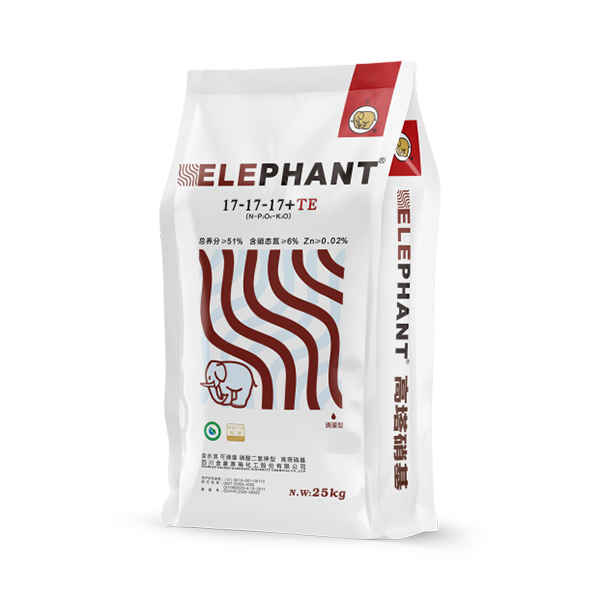| Name | STPP Chemical |
| Color | white crystalline powder |
| Chemical formula | Na5P3O10 |
| CAS No | 7758-29-4 |
| Content | 98% |
| Storage | Store Sodium Tripolyphosphate in a cool, dry, well-ventilated area away from direct sunlight, heat sources, and incompatible materials. Maintain a consistent temperature to prevent changes in product properties. Temperature: STPP should be stored at room temperature, ideally between 20°C (68°F) and 30°C (86°F). Avoid temperature extremes, as high heat can cause the material to deteriorate or clump together. Moisture Protection: Moisture can cause STPP to absorb water and clump, affecting its flowability and performance. Keep the container tightly sealed and protected from humidity or moisture sources. |
| Payment | T\T , L\C |
| Delivery time | According to the needs of legal inspection |
| Shipping | Shipping by sea,shipping by train normally or according to the customers’ requirements |
| Sample quotation | Free to offer sample, shipping cost payed by customers |
| OEM and ODM | Welcome |
| Packing | Woven bag lined with plastic bag,net weight is 25\50\1000KG |
Chemical raw material—Sodium Tripolyphosphate
High-quality Sodium Tripolyphosphate available at our factory. We are a leading manufacturer of chemical raw materials, delivering top-notch products.
Request a QuotePRODUCTS DETAILS
Hot Products

Chemical raw material—Tetra Potassium Pyrophosphate

GOLDEN-SINCERITY LARGE ELEMENTS Nitro Compound Fertilizer (20-20-20+TE)

ELEPHANT-Microbeauty Series Nitro Compound Fertilizer (15-15-15)

Chemical raw material—EDTA Cu (Ethylene Diamine Tetraacetic Acid Cu)

Chemical raw material—CAN chemical

Chemical raw material—Magnesium Sulfate Trihydrate

ELEPHANT-Microbeauty Series Nitro Compound Fertilizer (23-8-9)

Chemical raw material—Tetra Sodium Pyrophosphate

ELEPHANT Classic nitro compound fertilizer(17-17-17)

FERLIKISS POWDER Water-Soluble Fertilizer (10-35-10+TE) BASF DMPP
Contact us
Please feel free to give your inquiry in the form below We will reply you in 24 hours



